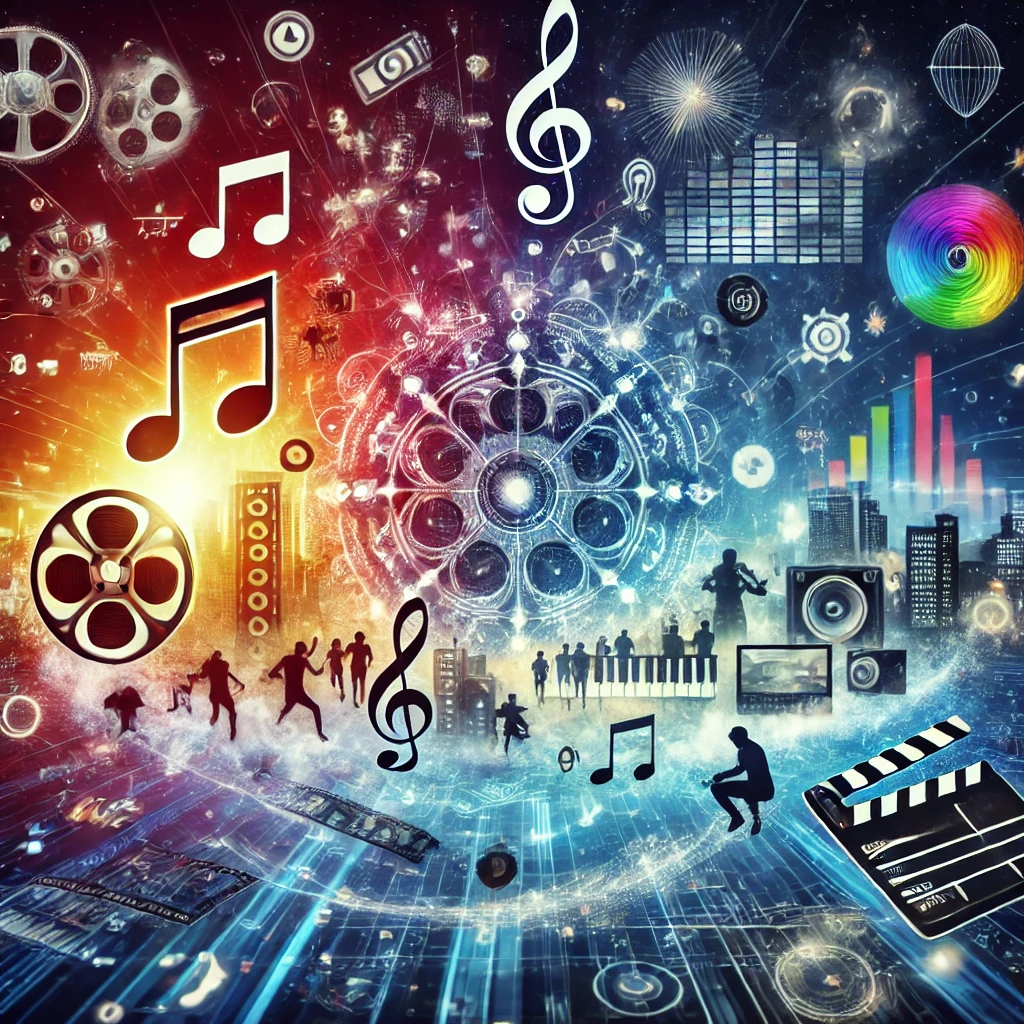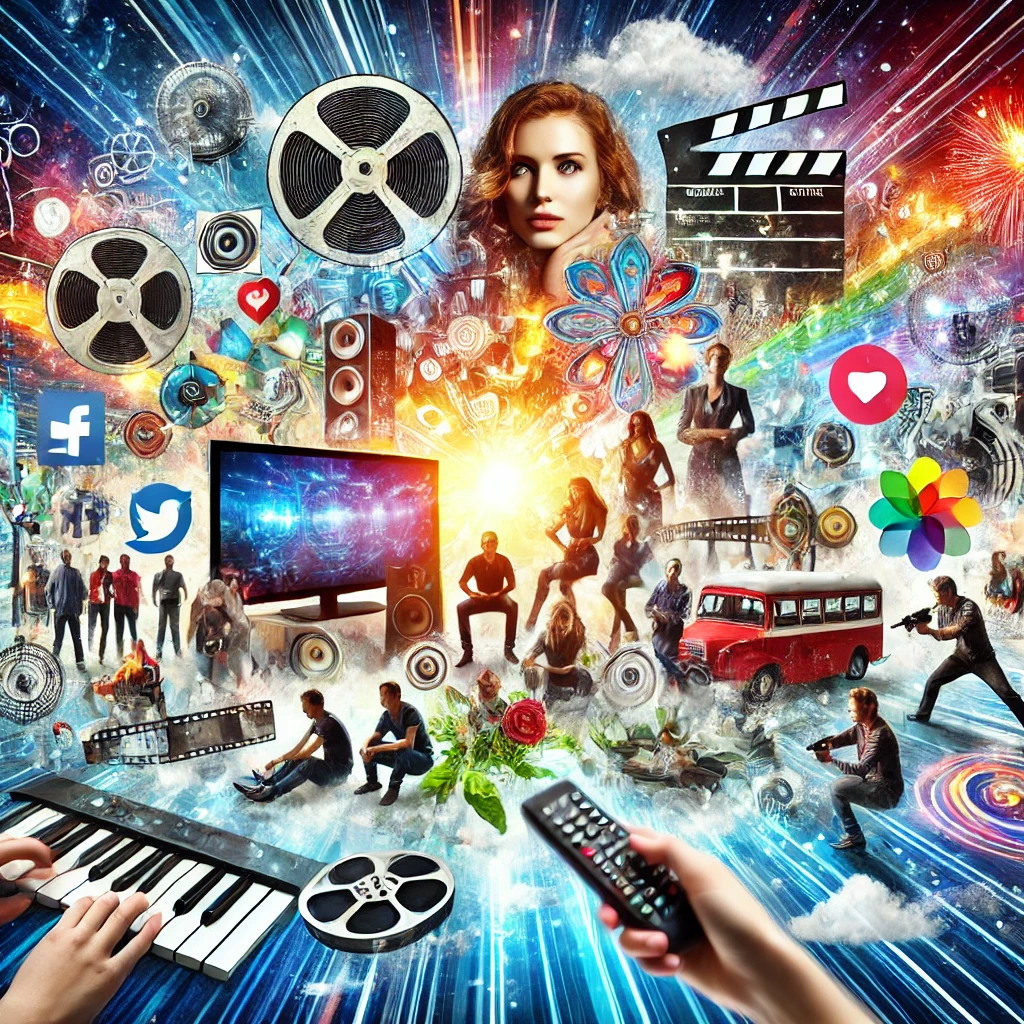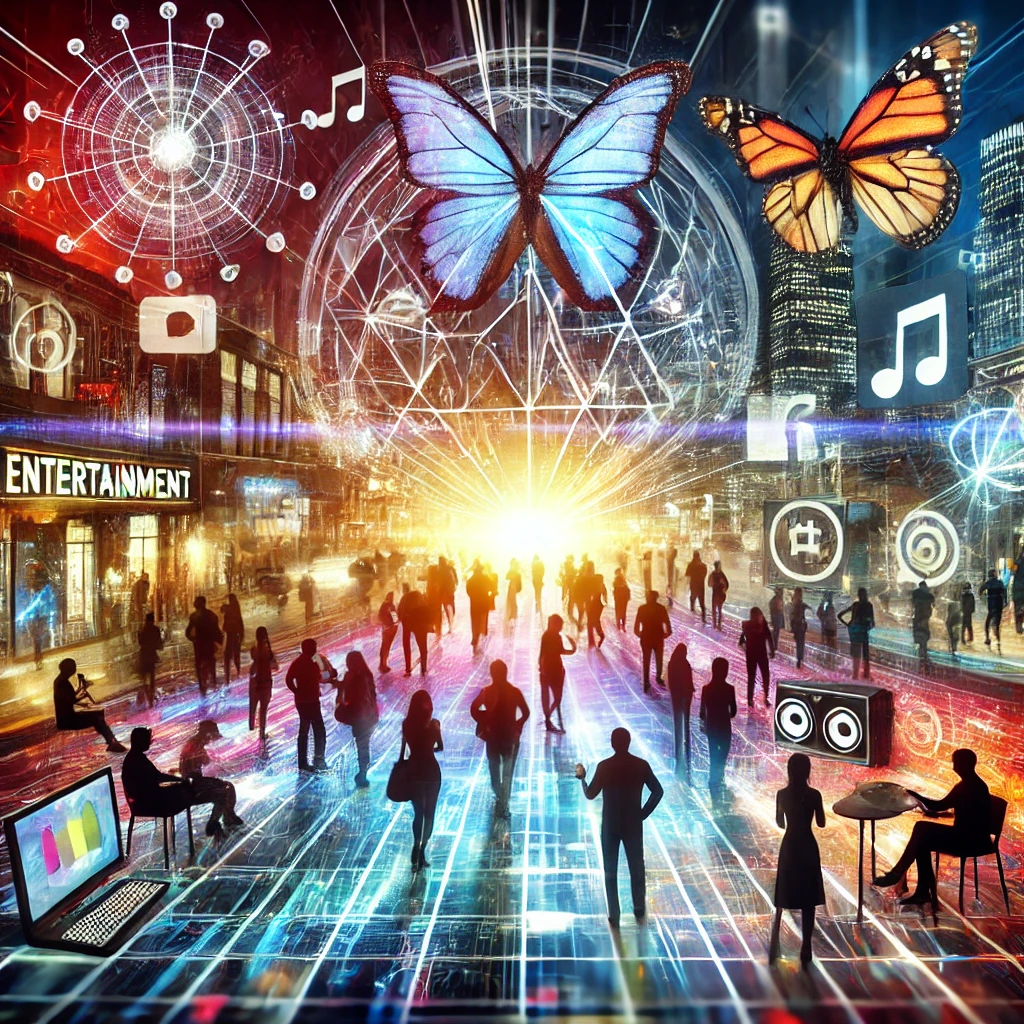Entertainment, in its myriad forms, has long been a powerful force in human society. From the ancient amphitheaters where plays were performed to the digital streaming services we now access with a few clicks, entertainment has continuously evolved, offering new ways for people to escape, reflect, and connect. As technology advances and tastes shift, so too does the way we experience entertainment, transforming it into a global industry that shapes culture, emotions, and even political movements.
The Digital Shift: Streaming and Beyond
The digital revolution has undoubtedly reshaped how we consume entertainment. Streaming services like Netflix, Hulu, and Disney+ have become household staples, offering on-demand content to millions of subscribers worldwide. What was once confined to scheduled television programming and physical media like DVDs has now become a personalized, on-the-go experience. The advent of these platforms has not only given consumers more control over what, when, and how they watch but also fundamentally altered the way content is created.
Original programming, which once belonged exclusively to network television and movie studios, now thrives on streaming platforms. Netflix, in particular, has become a powerhouse of content production, with hits like Stranger Things and The Crown demonstrating that streaming services can rival traditional networks in producing high-quality, engaging content. As a result, viewers have access to an endless library of movies, TV shows, and documentaries, all available at their fingertips.
Interactive Entertainment: The Rise of Gaming and VR
While traditional forms of entertainment like movies and television have remained dominant, gaming has rapidly ascended as one of the most influential entertainment mediums of the 21st century. Video games are no longer just a pastime for the young—they have become a cultural phenomenon. The gaming industry generates billions annually, with blockbuster franchises like Fortnite, Call of Duty, and The Legend of Zelda attracting millions of players worldwide.
What makes gaming unique is its interactivity. Unlike passive forms of entertainment, gaming invites the player to engage, compete, and immerse themselves in virtual worlds. This shift from passive to active consumption has brought about a more participatory form of entertainment, where the user is not just a viewer but a creator and contributor to the experience. The rise of esports has taken this even further, with professional gaming tournaments drawing large crowds and offering lucrative prizes to top players.
Virtual reality (VR) is another technology poised to revolutionize entertainment. VR allows users to immerse themselves in entirely digital worlds, offering a sensory experience that is unmatched by traditional media. From immersive video games to virtual concerts, the potential applications of VR in entertainment are vast, and the technology is still in its infancy.
Entertainment’s Role in Society
Beyond its role as a form of diversion, entertainment has a significant impact on society. Movies, music, and television have the power to influence opinions, shape culture, and drive social change. For example, films like Selma and 12 Years a Slave have sparked conversations about race and civil rights, while popular TV shows such as The Crown provide historical commentary that shapes public understanding of past events.
Entertainment also offers a shared experience, uniting people across cultures and backgrounds. Whether it’s attending a concert, watching a blockbuster film, or playing a video game with friends, entertainment brings people together, creating a sense of community in an increasingly fragmented world.
The Future of Entertainment
Looking ahead, the future of entertainment will likely be marked by even greater technological advancements. We can expect more immersive experiences, powered by developments in AI, VR, and AR. Entertainment will continue to adapt to the demands of a tech-savvy, on-the-go audience, offering content that is more personalized and interactive than ever before.
In Conclusion, entertainment is no longer just a means of passing the time. As the industry continues to evolve, one thing is clear: entertainment is here to stay, and it will only continue to grow in complexity, creativity, and influence.



